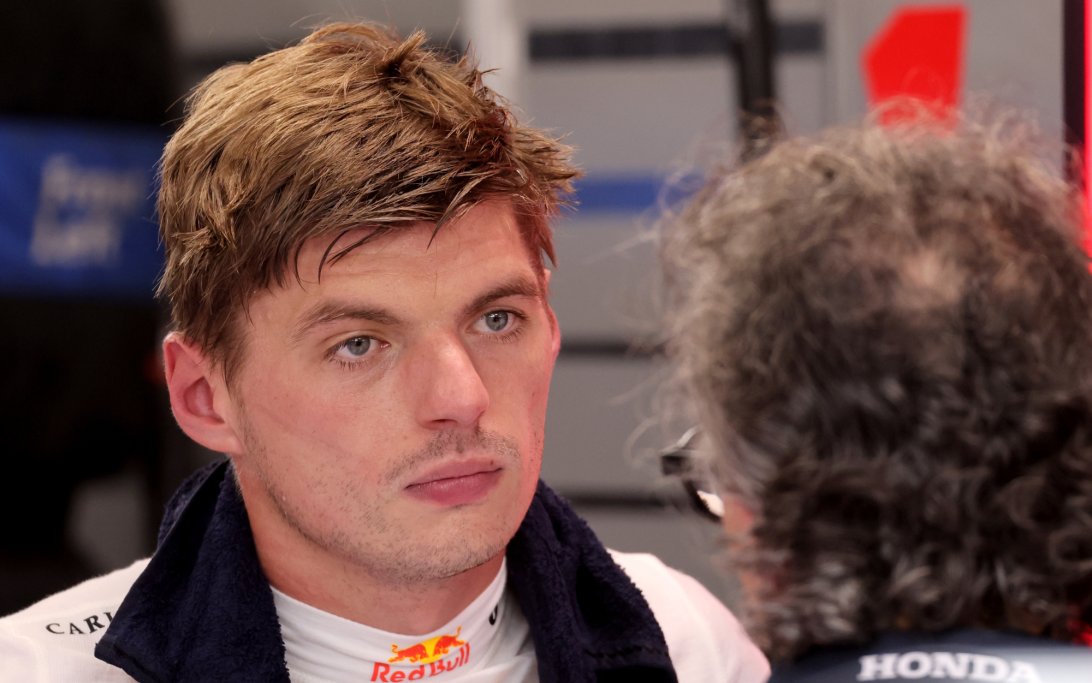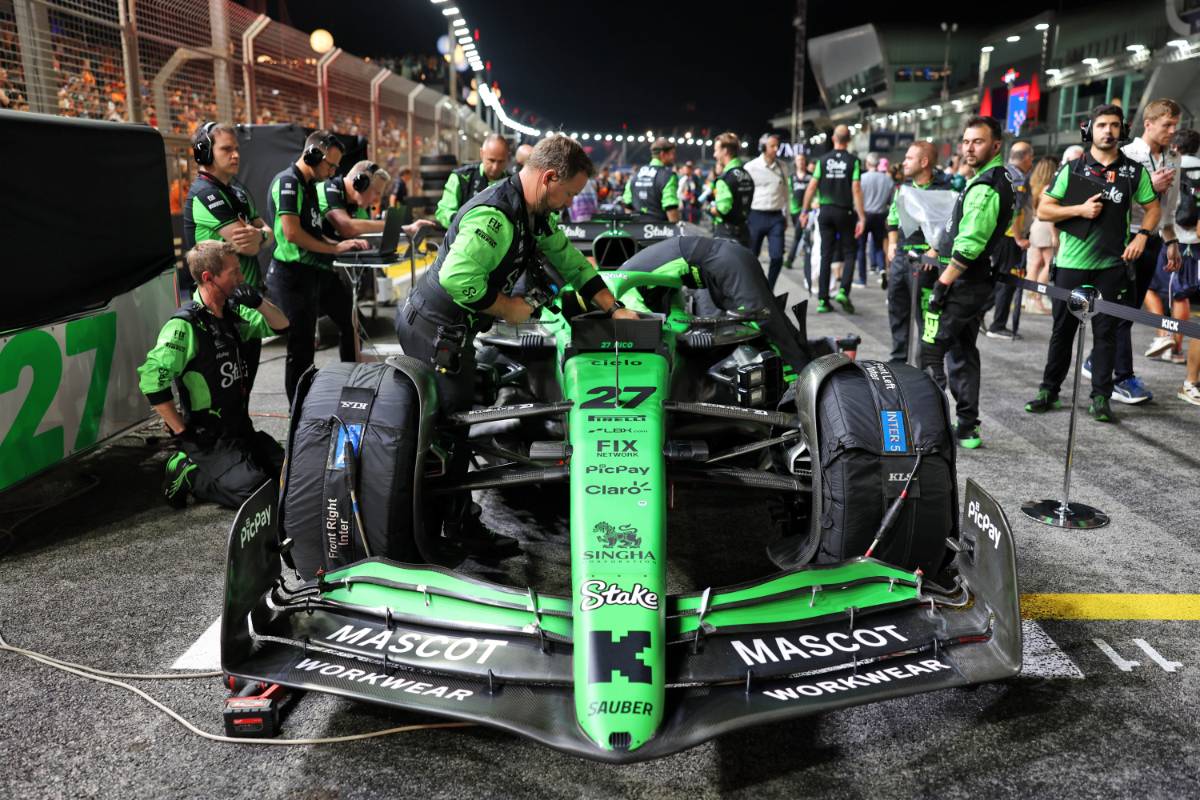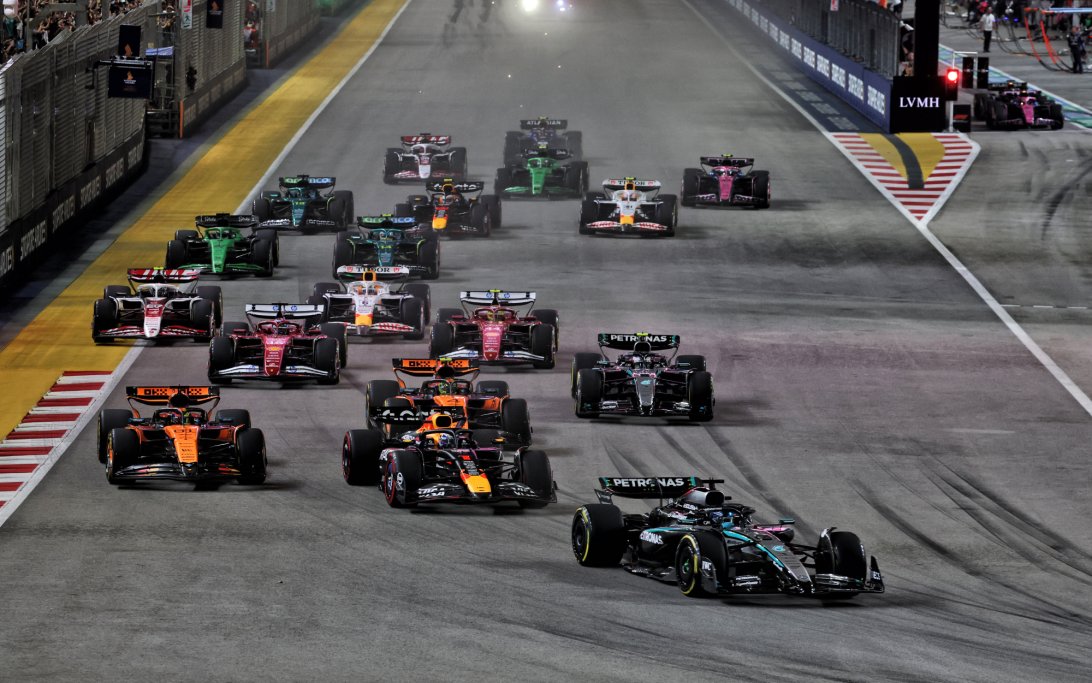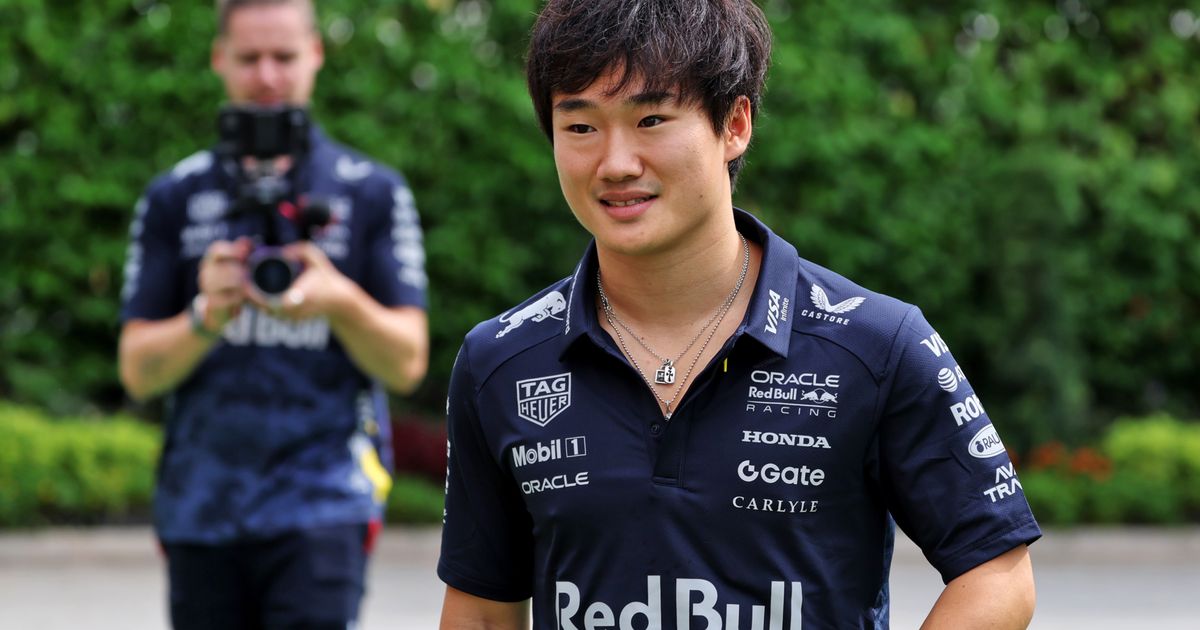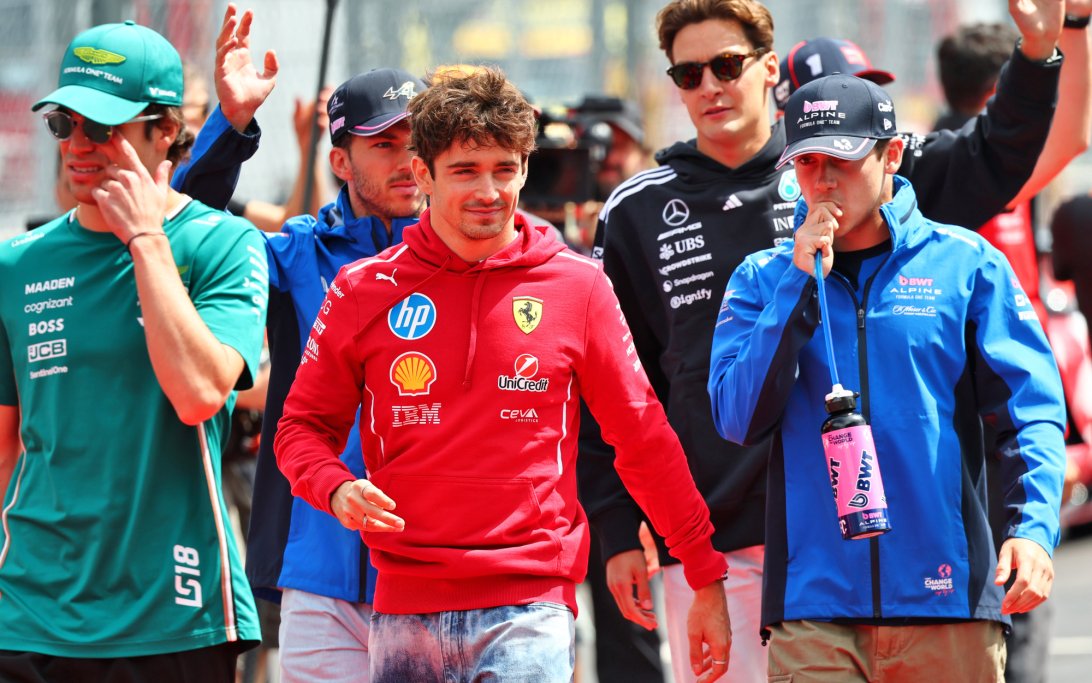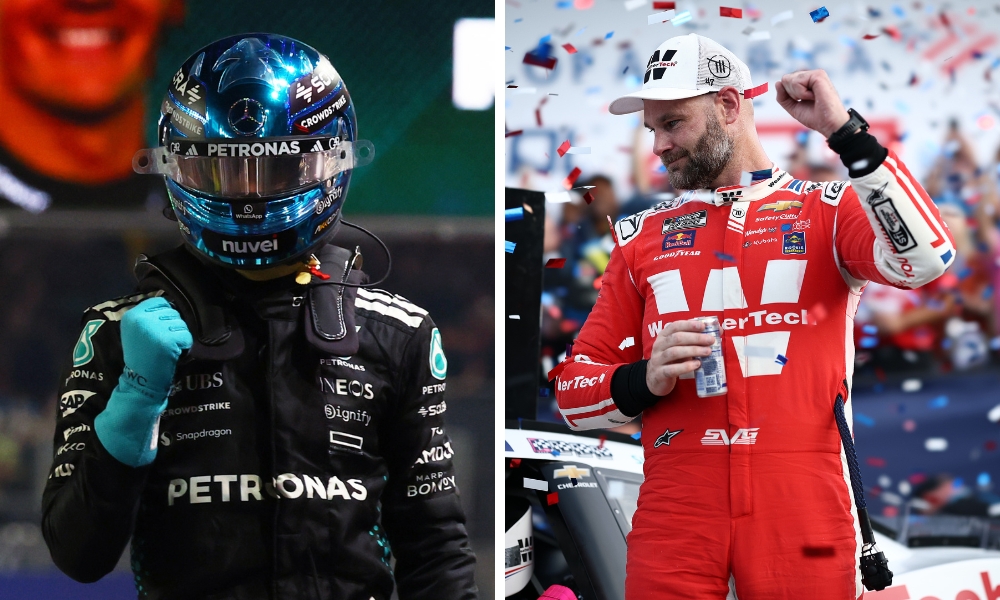
Max Verstappen Opposes Mandatory F1 Cooling Vests
Max Verstappen has voiced strong opposition to the FIA's proposal to make cooling vests mandatory for F1 drivers starting in 2026. This comes after the FIA mandated their use at the Singapore Grand Prix due to heat hazards, a response to extreme conditions at the 2023 Qatar Grand Prix where drivers suffered from heatstroke.
Why it matters:
After severe heat-related incidents at the 2023 Qatar Grand Prix, the FIA is pushing for mandatory cooling vests to enhance driver safety. However, a key figure like Max Verstappen, a three-time world champion, is challenging this, arguing it should remain a driver's choice due to comfort issues and cockpit space limitations. This creates a safety vs. driver preference debate that could impact future F1 regulations and driver welfare.
The Details:
- Origin of the Rule: The FIA's push for mandatory cooling vests stems from the 2023 Qatar Grand Prix, where extreme heat led to drivers like Esteban Ocon vomiting in his cockpit and Lance Stroll reporting near unconsciousness.
- Current Mandate: At the recent Singapore Grand Prix, the FIA declared a heat hazard, requiring teams to equip cars with cooling vest systems featuring up to 50m of tubing circulating water.
- Verstappen's Stance: Max Verstappen, a senior driver, firmly believes the use of cooling vests should remain optional. He stated, "I haven't used the vest, I'm also not intending to use it because I feel like this needs to be a driver choice."
- Safety vs. Choice: While acknowledging the FIA's safety concerns, Verstappen argues that other safety improvements, such as pit entry designs, should take higher priority. He dislikes the discomfort of the tubes and belts, asserting it's a personal preference.
- Cockpit Constraints: A major practical issue highlighted by Verstappen is the lack of space in F1 cockpits. He notes that unlike GT or prototype cars, F1 cars are too narrow for the vests, cables, and dry ice needed to sustain cooling, which often runs out within 15-20 laps, leaving drivers with "hot water… or tea."
- Russell's Insights: GPDA director George Russell, while having used the vest in some races, admits it's "not the perfect solution yet." He points out that testing can only occur in race environments and that teams are also improving car cooling internally, for instance, by relocating electrical boxes and hydraulic lines that generate significant heat.
What's next:
The debate between driver preference and mandatory safety measures is likely to continue as the 2026 regulations approach. The FIA will need to address driver comfort and practical implementation challenges, especially regarding cockpit design, if they intend to make cooling vests a compulsory element of driver equipment. The discussion underscores the continuous evolution of F1 safety and the need to balance it with driver feedback and operational realities.
Original Article :https://racingnews365.com/max-verstappen-voices-major-opposition-to-proposed-f1-...


